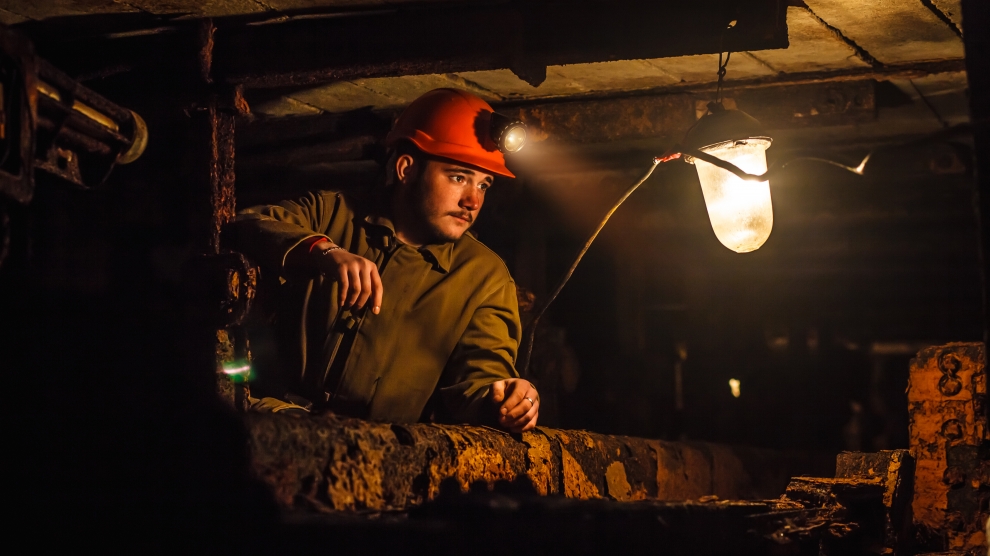Greenpeace Poland has filed a lawsuit against PGE GiEK, a subsidiary of state-owned utility PGE Polska Grupa Energetyczna demanding that PGE GiEK stop any further fossil fuel investments and achieves net zero greenhouse gas emissions from its existing coal plants by 2030 at the latest.
“Three in every four Poles agree that our economy needs to quit coal in the next decade, which is exactly what scientists have said we need to do in order to limit the most negative impacts of climate change,” said Paweł Szypulski, director of Greenpeace Poland. “We are suing PGE GiEK on behalf of the environment and the public. We are seeking to establish a national deadline to phase out coal and decarbonise the country by 2030. Prime Minister Mateusz Morawiecki has failed to deliver on that commitment, so we are going after the single biggest source of carbon emissions in our country to get it done.”
“A coal phase-out paired, with dynamic growth of renewable energy sources is the only way forward for PGE GiEK and the whole energy sector in Poland,” added Mr Szypulski. “Rapid closure of coal-fired power plants will put an end to the destruction of our environment while renewable energy can provide solutions to the climate crisis we are facing.”
PGE Polska Grupa Energetyczna is the biggest energy utility in Poland. Around 90 per cent of the power produced by the PGE conglomerate comes from burning coal. By its own account, PGE GiEK mines and burns between 85 to 90 per cent of lignite in the country and is its biggest power producer, covering as much as 36 per cent of the country’s electricity needs during some months.
In 2018 alone, PGE GiEK’s carbon emissions amounted to approximately 57 million tonnes. The company has since added more coal units in Opole and Turów. On average, PGE GiEK generates about 20 per cent of Poland’s total annual carbon emissions.
The lawsuit against PGE GiEK is just one of many steps being taken by Greenpeace Poland to address the climate crisis in the country.
Just before Katowice’s COP24 in November 2018, a group of activists climbed a cooling tower at Bełchatów and called on the Polish government to phase out coal by 2030.
As the activists ended their peaceful protest at the power plant, Greenpeace Poland announced that it will use all means available to accelerate the decarbonisation of the country. One recent example is the organisation’s programme director applying for the CEO position at PGE with the objective of implementing a new company strategy to achieve decarbonisation by the end of the decade.
The tide may already by turning for coal in Poland.
Las month, state-run utilities Energa and Enea decided to freeze financing for their joint project to build a new 1GW coal-fired power unit at Ostrołęka, north east of Warsaw, could mark a key change in Poland’s energy policy.
The two companies said that they were suspending financing of the project, which is valued at around six billion zloty (1.41 billion euros), due to difficulties in raising investment capital as well as EU climate policy and new European Investment Bank (EIB) financing policies.
In December, Poland refused to join the rest of the EU’s member states in agreeing to make the bloc carbon neutral by 2050, arguing that it will need more time.
Ostrołęka C – purported to be the last coal-fired power station Poland will build – has long been fiercely opposed by environmentalists who say it would deepen Poland’s reliance on coal and is not economically justifiable.






[…] Greenpeace steps up legal fight against Poland’s use of coal […]
[…] Greenpeace steps up legal fight against Poland’s use of coal […]